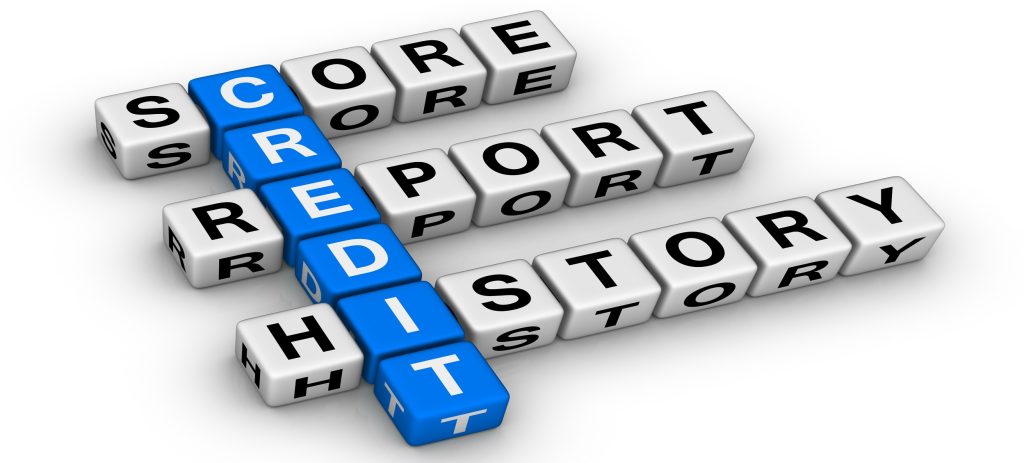Bankruptcy fixes many past and current financial problems. But before you file, it’s smart to ask: How will bankruptcy affect my credit score?

What is my credit score?
Your credit score is a numerical expression (between 300 and 850) based on the statistical analysis of your individual credit data. Your credit score is very important. The vast majority of creditors use credit scores to determine your creditworthiness.
Credit scores are based on four major factors and three minor factors, listed here in order of importance.
Credit score major factors
- Payment History: detailed schedules of your late and timely payments, judgments, bankruptcies, and accounts in collection;
- Debt to Credit Ratio: your ratio of outstanding balances to total credit limits on revolving debt;
- Credit History: the length of time you have held your open accounts and how many creditors inquired into your credit; and
- Types of Credit: mortgages take priority over car loans, and credit cards take priority over payday loans.
Credit score minor factors
- Home Ownership: renters are riskier borrowers than homeowners;
- Length at Current Residence: your credit score will suffer from perceived instability, but benefit from moves for greater income; and
- Length at Current Job: your credit score will improve with an increase in income, and vice versa.
How will bankruptcy affect my credit score?
Credit bureaus pick up bankruptcy filings quickly. A Chapter 7 bankruptcy will remain on your credit report up to 10 years after the filing of the case, while a Chapter 13 bankruptcy will stay on your credit report for up to 7 years after your filing. Bankruptcy is recorded as a very negative event on your credit score, but that is rarely reason enough not to file.
How much of an impact bankruptcy will have on your score depends on your entire credit profile. Individuals with many negative items already listed on their credit reports might see only modest drops in their scores.
Minimize the effects of bankruptcy on your credit score
You will thank yourself for making diligent efforts to repair your credit quickly after bankruptcy. Get a credit card, take out a mortgage or get a car loan, and keep a close eye on the credit bureaus for at least a year after your bankruptcy discharge.
After you file bankruptcy, your credit will be compared only with those other people that have filed bankruptcy. If you manage your finances well, your credit score could improve dramatically more quickly than had you never filed for bankruptcy. To learn more about minimizing the effects of bankruptcy on your credit score, read my article Repairing Your Credit After Bankruptcy.
